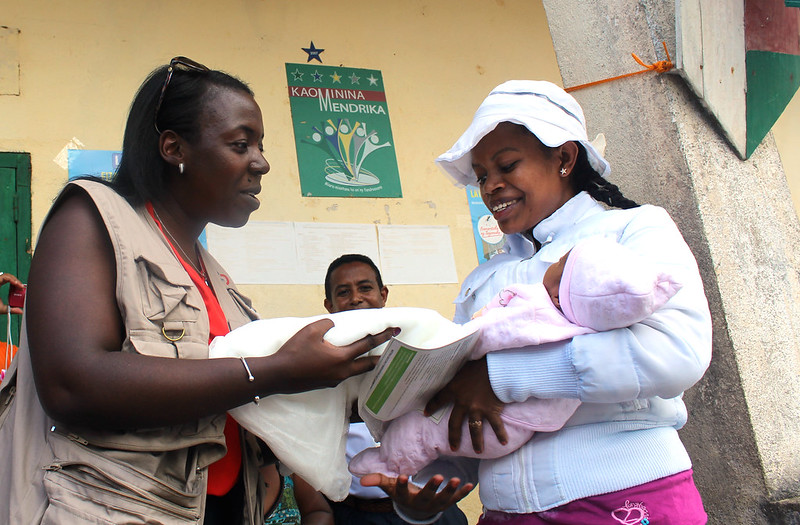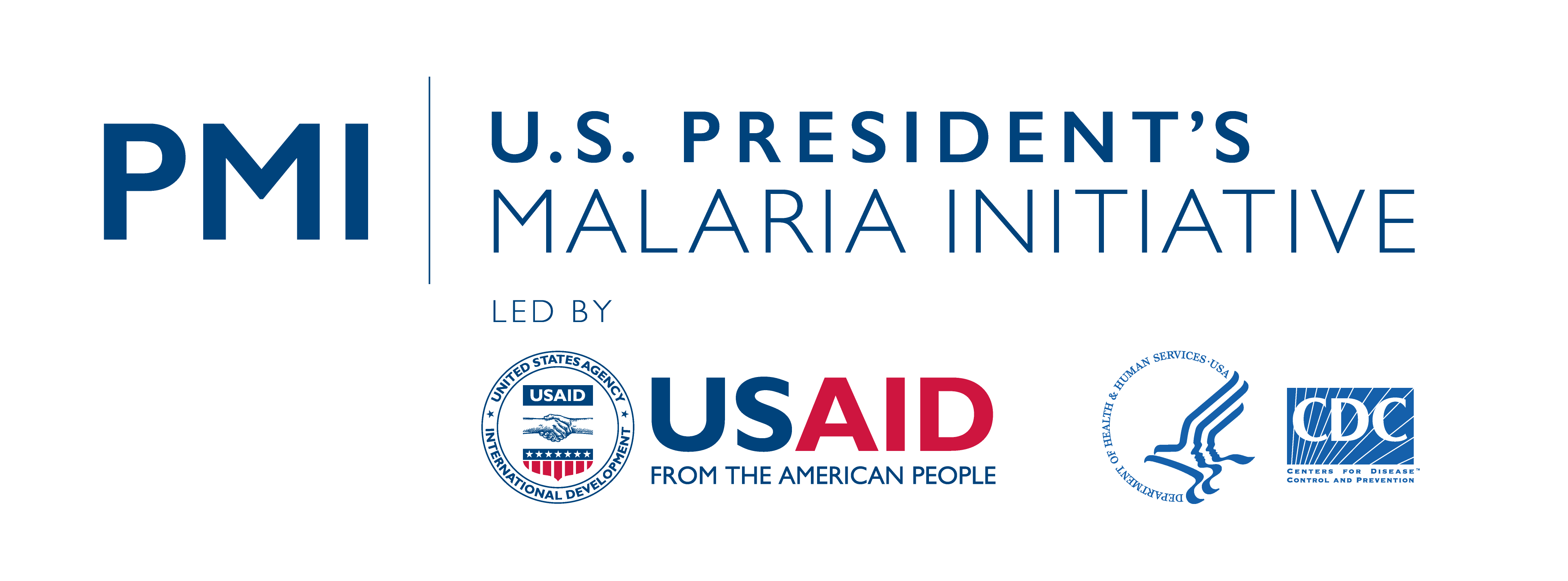Etapa 7: acompanhe seu progresso
Tracking the progress of your malaria activities is important for meeting goals and understanding lessons learned. It also allows you to change and adapt malaria activities to fit community needs better and shifting environments. Tracking the progress of your malaria activities can:
- Help community partners communicate more effectively.
- Provide support to community advocates and local staff.
- Identify problems and how to solve them.
- Help organizations understand and talk about the impact of their work.
Ongoing assessment of your activities and feedback from partners and community members will help make sure that your activities are effective, meet the community’s needs, and continuously be developed and improved.

Start by listing each of your malaria activities. Think about how often each of these activities will be taking place. Then, write down the goals for each of these activities. Thinking about your short- and long-term goals may help. Next, determine indicators for each goal to track your accomplishments.
Activities, Goals, and Indicators Worksheet Example:
Example Malaria Activity | Frequency of Activities | Example Goals | Example Indicators |
Home visits to constituents’ homes | Visit each household once a month | Short-Term Goals:
Long-Term Goals:
| Number of home visits carried out per month |
Community dialogues about signs and symptoms of malaria with women’s group | One-time event | Short-Term Goals:
Long-Term Goal:
| Number of meetings with women’s group |
Encouraging and emphasizing net use for every member of the household during after school children’s group | One meeting at the start of each malaria transmission season | Short-Term Goal:
Long-Term Goal:
| Number of meetings with after school children’s group |
Planilha de indicadores de metas de atividades em branco: Palavra – (PT | FR | PT )
Planilha de indicadores de metas de atividades em branco: PDF – (PT | FR | PT )


